Results
-
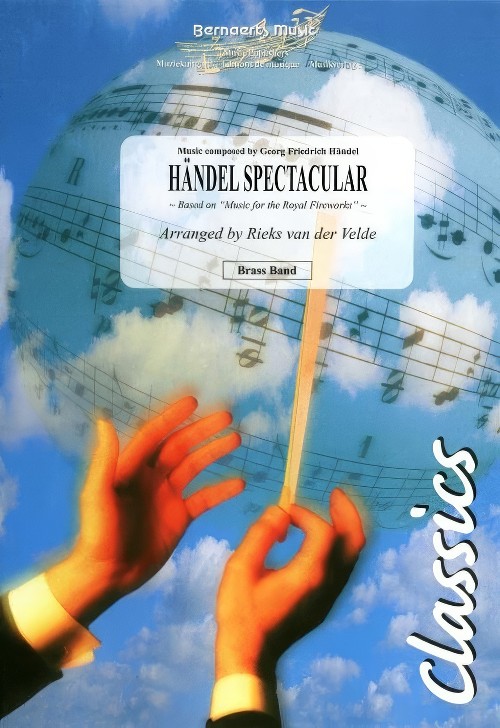 £56.99
£56.99Handel Spectacular (Brass Band - Score and Parts) - Handel & Tchaikovsky - Velde, Rieks van der
Based on "Music for the Royal Fireworks". Duration: 05:30
Estimated dispatch 7-14 working days
-
 £94.95
£94.95Tristan Encounters (Brass Band - Score and Parts) - Ellerby, Martin
Prelude and Transfigurations for Brass and Percussion.Duration: 16:50Recorded on QPRL210D The Music of Martin Ellerby (Vol.2)
Estimated dispatch 7-14 working days
-
 £49.95
£49.95Tristan Encounters (Brass Band - Score only) - Ellerby, Martin
Prelude and Transfigurations for Brass and PercussionDuration: 16:50Recorded on QPRL210D The Music of Martin Ellerby (Vol.2)
Estimated dispatch 7-14 working days
-
 £60.99
£60.99The Lost World (Brass Band - Score and Parts) - Williams, John - Woude, Klaas van der
This film was the follow-up to Jurassic Park and the music was composed by the peerless John Williams, the king of film music. Klaus van der Woude has arranged the signature tune to the Lost World for brass band.Duration: 3:30
Estimated dispatch 7-14 working days
-
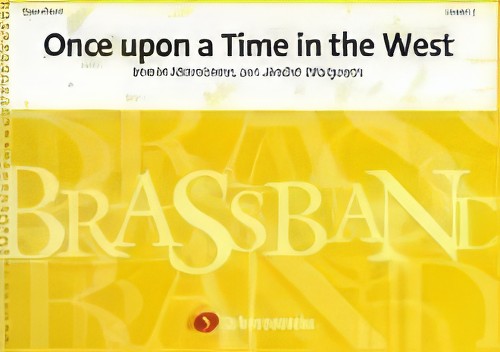 £54.99
£54.99Once Upon a Time in the West (Brass Band - Score and Parts) - Morricone, Ennio - Waignein, Andre
The Italian composer Ennio Morricone is now established as one if the masters in the art of music for films. This excellent arrangement from the film of the same name will be an undoubtedly success at your next concert.Duration: 4:15
Estimated dispatch 7-14 working days
-
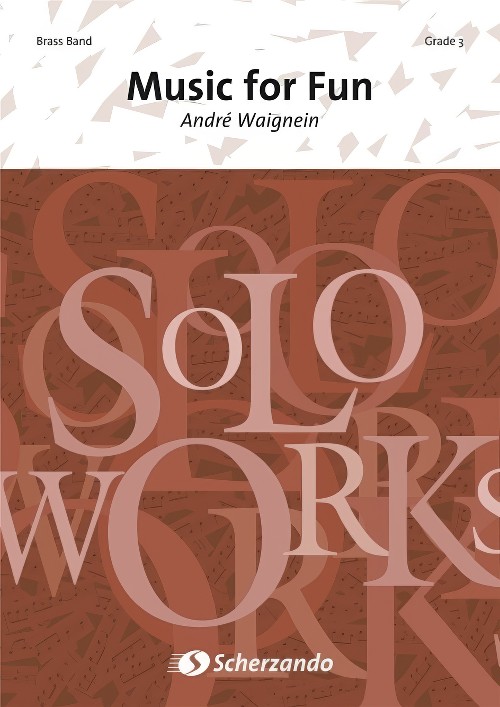 £76.99
£76.99Music for Fun (Cornet Solo with Brass Band - Score and Parts) - Waignein, Andre
Duration: 7.30
Estimated dispatch 7-14 working days
-
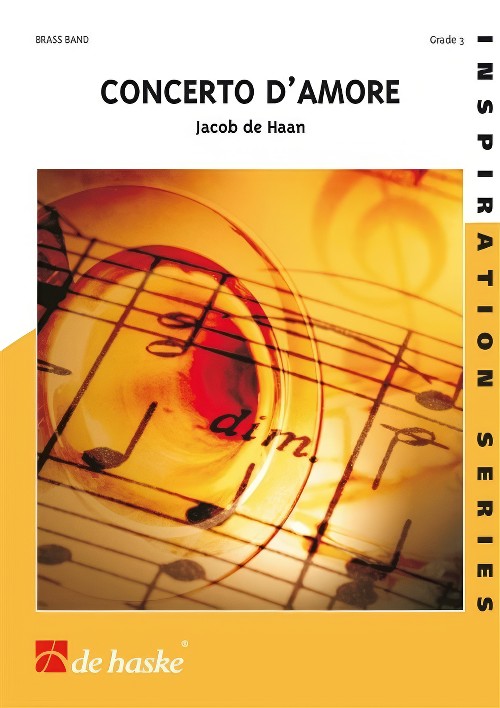 £84.99
£84.99Concerto d'Amore (Brass Band - Score and Parts) - De Haan, Jacob
In Concerto d'Amore, a maestoso opening is followed by a quick and energetic movement that leads to a magnificent adagio. A motif from this adagio can be heard in a swinging movement, after which the piece comes to a close with the return of the adagio. This arrangement for brass band certainly brings this beautiful music to life.Duration: 7:15
Estimated dispatch 7-14 working days
-
 £60.99
£60.99Music for Fun (Brass Band - Score and Parts) - Schoonenbeek, Kees
Duration: 5.15
Estimated dispatch 7-14 working days
-
 £60.99
£60.99Music for Drums (Percussion Feature with Brass Band - Score and Parts) - Gistel, Luc
Duration: 5.15
Estimated dispatch 7-14 working days
-
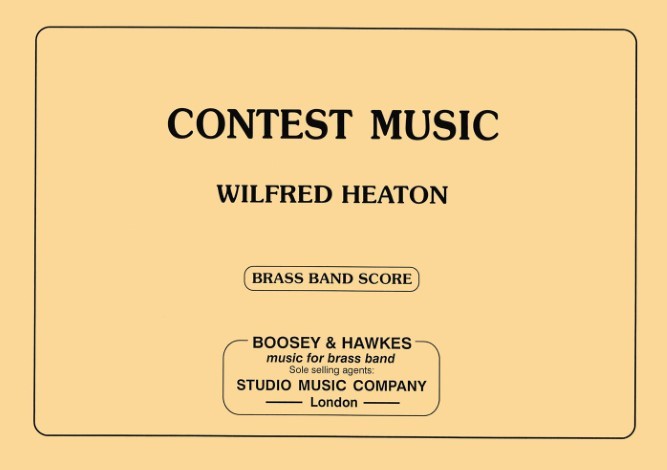 £44.95
£44.95Contest Music (Brass Band - Score only) - Heaton, Wilfred
Butlins 2018 Championship Section. One of the three choices of set works. The others were Year of the Dragon (Sparke) and Concerto for Brass Band No.1 (Venables).
Estimated dispatch 7-14 working days
